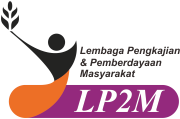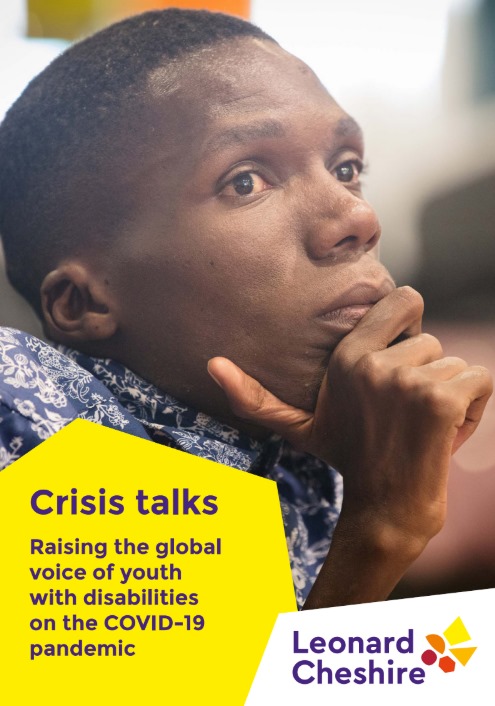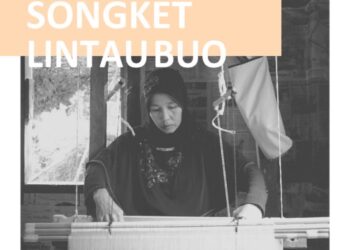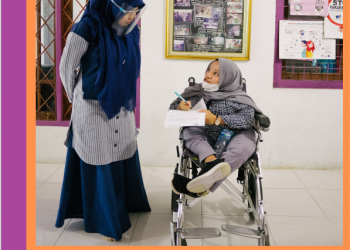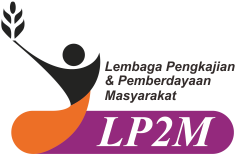While pandemics affect everyone, we know from past health emergencies that the poor and most vulnerable are the hardest hit. The findings of this youth-led research have shown that youth with disabilities have faced additional stigma and discrimination during this current time of crisis.The research has found that youth with disabilities are often the first to be furloughed or lose their jobs; they have little accessible healthcare information, or confidence in the systems to treat them fairly; and they more often than not feel like second-class citizens when it comes to accessing remote education opportunities alongside their non-disabled peers.The research has brought glimmers of positivity through the actions of some governments and stakeholders, such as accessible services and favourable cash grant schemes. However, these examples are not nearly as widespread as they should be in order to ensure all youth with disabilities are protected and supported.The research has also demonstrated that youth with disabilities have not just been recipients of COVID-19 efforts.
They have also been part of leading the response in their communities. From distributing personal protective equipment (PPE) or taking to the airwaves to spread health messages, youth with disabilities have stepped up during the most challenging of circumstances. However, stigma still exists, which prevents every youth with disability from feeling like they can be accepted, let alone play an active role, in their communities. Response and recovery efforts can only be effective when everyone is equally
valued and included, and that includes youth with disabilities. It is encouraging that some youth
with disabilities have been consulted in relation to the pandemic. However, this is not happening routinely. Rarely are youth with disabilities part of government task forces set up to respond to the pandemic. Urgent action is required to ensure that youth with disabilities are consulted and included in public emergency planning, health response and recovery efforts; that they are seen as actors who can contribute to the rebuilding of societies. For this to become a reality a multisector approach is needed. The recommendations in this report serve as a reminder, not just to governments but a range of duty bearers, that the strongest progress can only be made
when acting together.
To learn more about the research findings, Crisis talks :Raising the global voice of youth with disabilities on the COVID-19 pandemic, “Please click the following link:” https://drive.google.com/file/d/1xv535gTxrIex6DCmEiRZmtNsU36I9Swd/view?usp=drive_link
